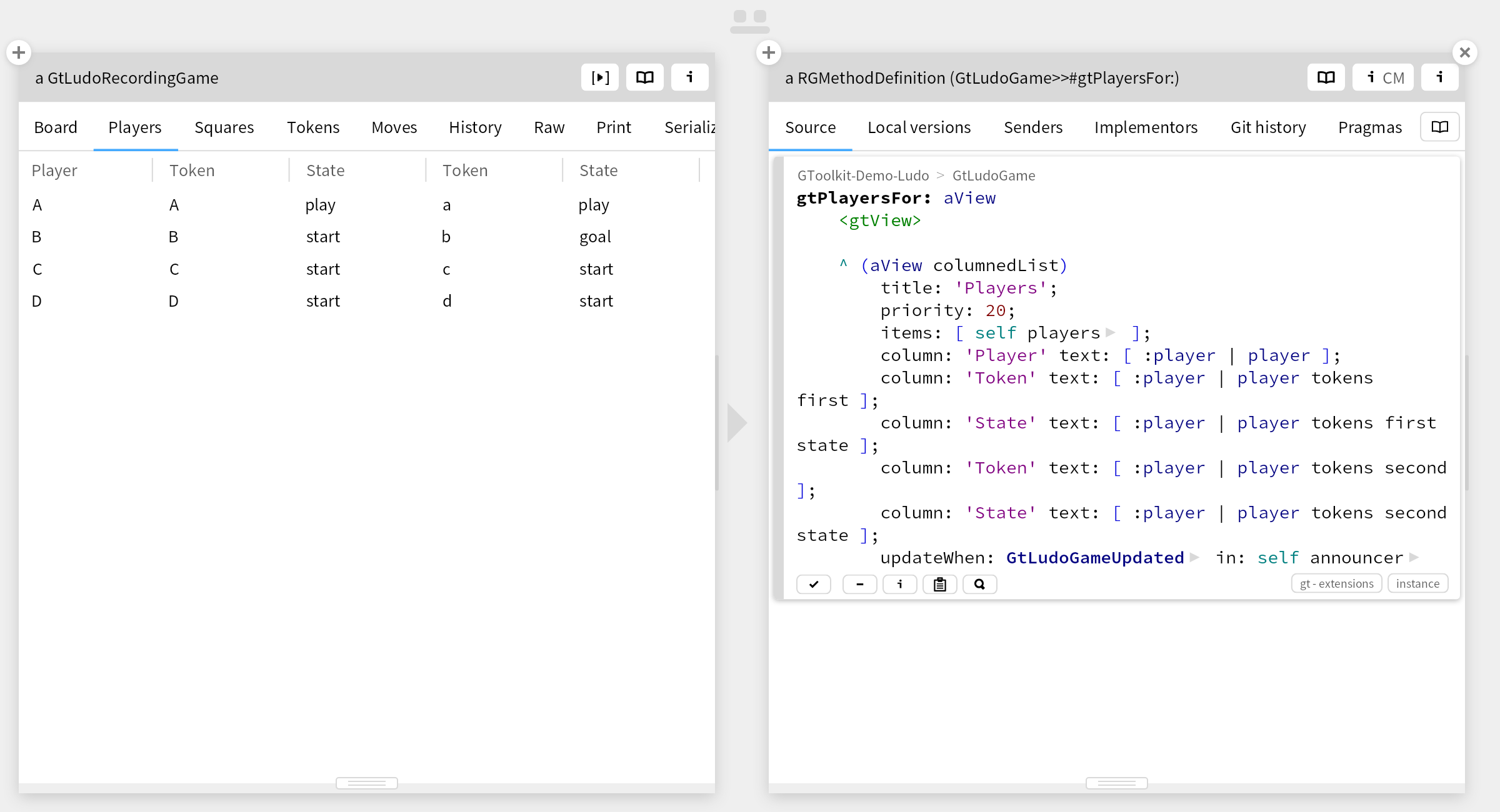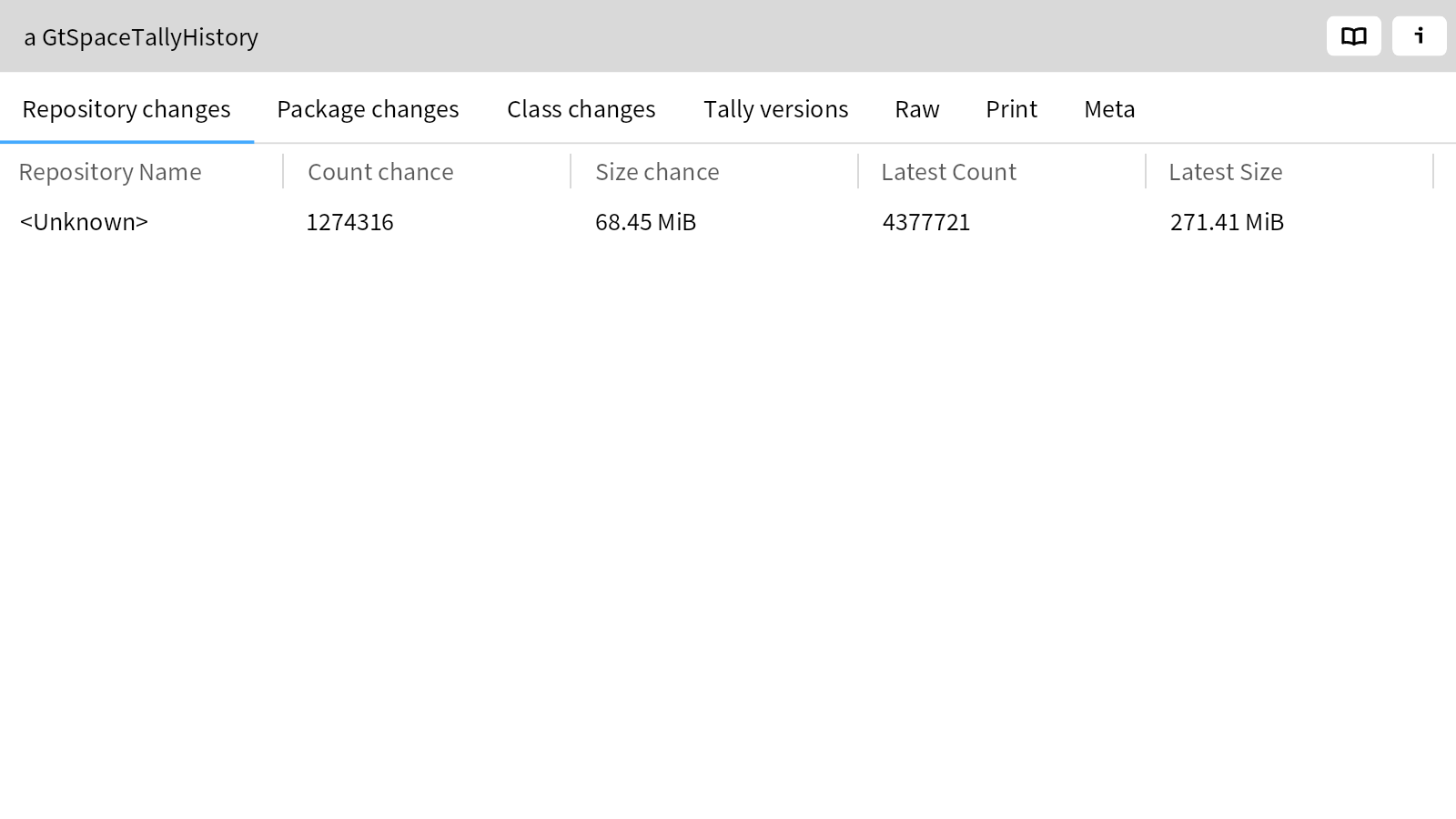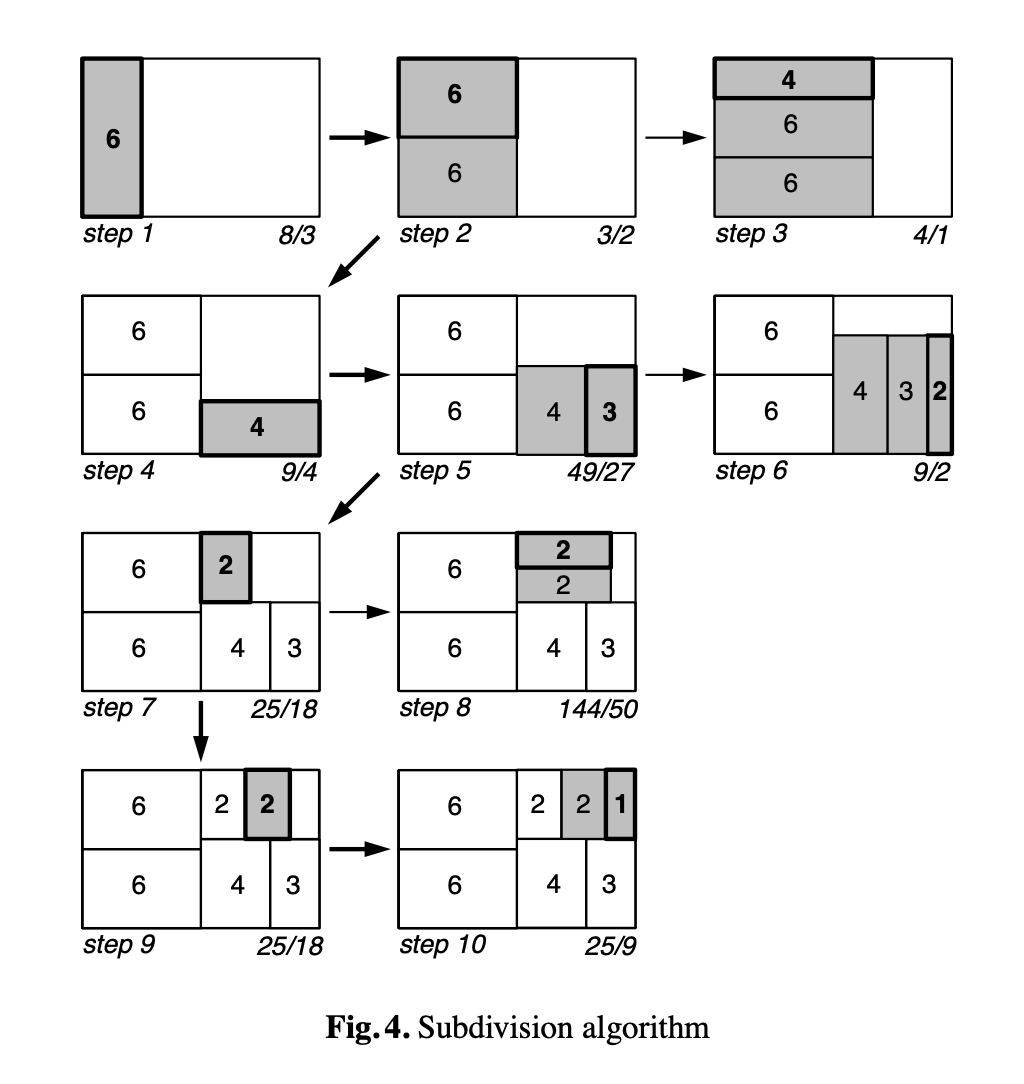Promises
A Promise represents a value that may not yet be computed. Any object that implements TAsyncPromise
can be used as a Promise.
Promises can be chained and the type of the new chained promise depends on the state of chainable promise. In total there are the following kinds of Promises:

A Promise created from an existing value or a promise whose computation is succesfully finished is called fulfilled:
fulfilledPromise
<gtExample>
<return: #AsyncFulfilledPromise>
^ 42 asAsyncPromise

A Promise created from an Exception
or a promise whose computation failed is called rejected:
rejectedPromise
<gtExample>
<return: #AsyncRejectedPromise>
^ [ 1 / 0 ] on: Error do: #asAsyncPromise

A Promise with a not yet computed value is called pending. Once computation is finished a pending promise becomes fulfilled or rejected:
promiseResolvingToString
<gtExample>
<return: #AsyncFuturePromise>
^ [ 2 seconds wait.
'Promised value' ] asAsyncPromise

promiseWithError
<gtExample>
<return: #AsyncFuturePromise>
^ [ 2 seconds wait.
1 / 0 ] asAsyncPromise
